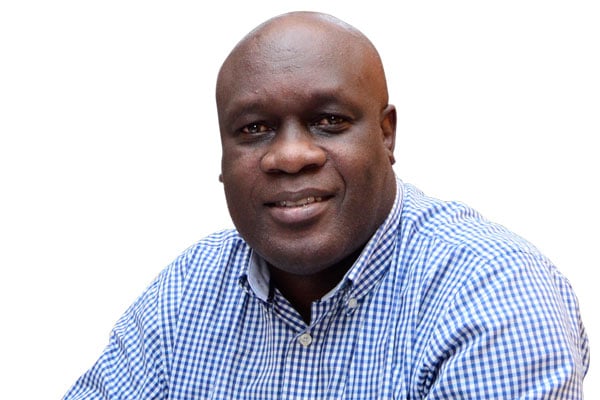Prime
We are not negative, we’re just journalists

Odoobo C. Bichachi
What you need to know:
Mainstream media therefore needs to navigate this landscape in a deliberate manner, balancing the watchdog role with the constructive or inspirational role
Why does media often put a negative spin on almost every story? Are journalists wired to be negative? Why are journalists always negative?
This is a common public sentiment about the media and journalists – rightly or wrongly. What do journalists think of this perception? Well, “we are not negative, we are just journalists,” notes Ulrik Haagerup in his book, “Constructive news: why negativity destroys the media and democracy”.
Positive or negative journalism is, therefore, an old contestation in the media and is not about to go away. The perceptions are mostly reinforced by what side of the media reporting we find ourselves in, and the news that comes with it.
So this week, I received two complaints on the question of negativity. One was with regard to a headline of a story in the Monday edition of Daily Monitor (November 7) while the other was a tweet or post on X platform.
The headline on page 3 read, “Scandal-hit former CID boss Bakiza died a changed man”. The complainant wondered why such a negative headline had been run against a man that is already down. If he was a changed man, why did the headline pick on “scandal-hit” even without examples and in total disregard of his positive side? Most importantly, why did Monitor not care about the agony such profiling brings to his loved ones already suffering the pain of his death?
The other complaint was from KCCA; about a post on X (Twitter) seemingly disparaging the city authority’s entry into the Guangzhou Urban Innovation Award. The post called on followers to say whether they would vote in support of the entry. KCCA perceived this as negative, especially because it hardly explained what the award was and what the urban authority had entered in. People were therefore being asked to vote on the basis of limited information – or no information at all.
To the latter first. Apparently, a team of young techies in the IT department of KCCA, together with its public health officials, have developed a “Weyonje” (keep clean) App whereby residents of the low end suburbs are able to use it to alert/call the urban authority to send a cesspool emptier to places where pit-latrines or septic tanks have filled up.
“I believe this is unpatriotic. It is unnecessary. It is instigating in its nature! [At least] 193 cities were nominated for the award. We are currently in fourth position. An innovation done by young KCCA IT and public health officials of KCCA....then you hammer them. Why?”
Perhaps there is some justification in KCCA’s complaint. Daily Monitor’s post would have come off better – as neutral or positive – had it asked whether the innovation was worthy to be entered or how many knew what innovation KCCA had entered in to the Guangzhou competition.
As for the Bakiza headline, it is always good to stick to the basics of covering death, which is to show compassion, be sensitive and show good taste. This particular headline did not do so; the negativity was first unsubstantiated and second unnecessary.
What, then, is our take home from this? Good news is also news! Bad news is not the only news!
We can shrug off accusations of negativity because, well “…we are journalists” but we cannot shrug off the impact of negative journalism in the long term. One of them is that negative journalism drives news fatigue and news avoidance, which in turn pushes down news consumption and ultimately impacts on media viability.
The other is that while negativity may bring some plaudits in specific audiences, overall it created biases and perceptions of imbalance which again affects news consumption and media viability.
In a world with abundant sources and information engendered by advances in technology, media consumers have never been spoilt for choice. Mainstream media therefore needs to navigate this landscape in a deliberate manner, balancing the watchdog role with the constructive or inspirational role. It is not enough to just simply be journalists. It is good to be journalists that bring a balanced perspective to news and commentary.
Send your feedback/complaints to [email protected] or call/text on +256 776 500725.



